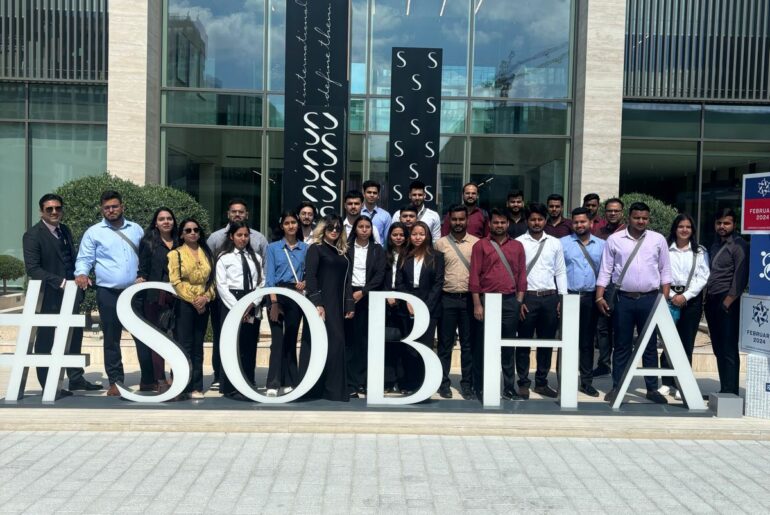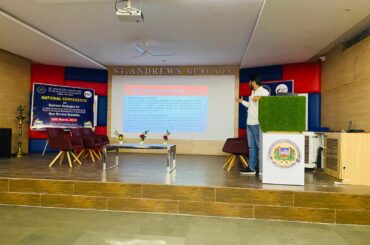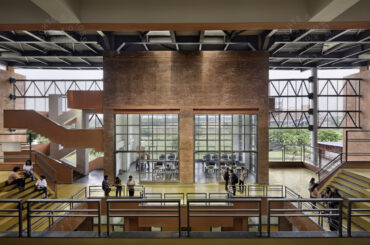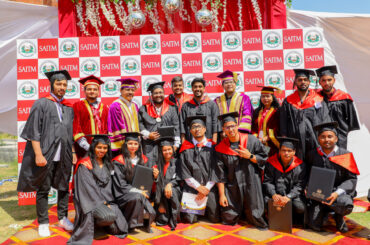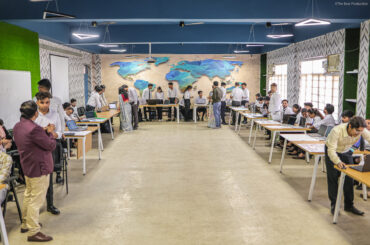What is B Tech Course
A Bachelor of Technology (BTech) is a four-year undergraduate degree that focuses on engineering and technology disciplines. What is B Tech Course? This degree aims to equip students with comprehensive knowledge, including both theoretical and practical aspects, required to solve complex engineering problems and innovate in various technical fields.
The BTech curriculum typically includes a blend of core subjects, such as Mathematics, Physics, Chemistry, and specific engineering courses like Computer Science, Biomedical Engineering,
Mechanical, Electrical, and Civil Engineering. Students engage in theoretical coursework, practical laboratory work, and hands-on projects. The b tech degree is designed to provide a strong foundation in engineering principles, technical skills, and problem-solving abilities.
In addition to core subjects, BTech students often study elective courses and undertake projects related to their field of interest. What is B Tech Course? The final year usually involves a major project or internship, allowing students to apply their knowledge in real-world scenarios and gain industry experience.
BTech graduates, including computer science engineers, are prepared for various career prospects in engineering, technology, and related fields. They can work in roles such as software developers, mechanical engineers, civil engineers, and data scientists, or pursue further studies like a Master’s degree or an MBA.
The degree emphasizes innovation, research, and practical application, making it a popular choice for students interested in engineering careers. What is B Tech Course? This comprehensive training equips graduates, especially computer science engineers, with the skills needed to excel in various professional paths and adapt to the evolving demands of the industry.
Some of the most opted courses in India and St. Andrews college or different Engineering college or Management colleges are as follows:-
- Btech
- Btech CSE
- Btech ETCE
- MTech
- BCA
- BBA
- MBA
- MCA
- DPharma – St. Andrews College of Pharmacy
- BPharma – St. Andrews College of Pharmacy
- BArch – St. Andrews College of Architecture
BTech Course Duration
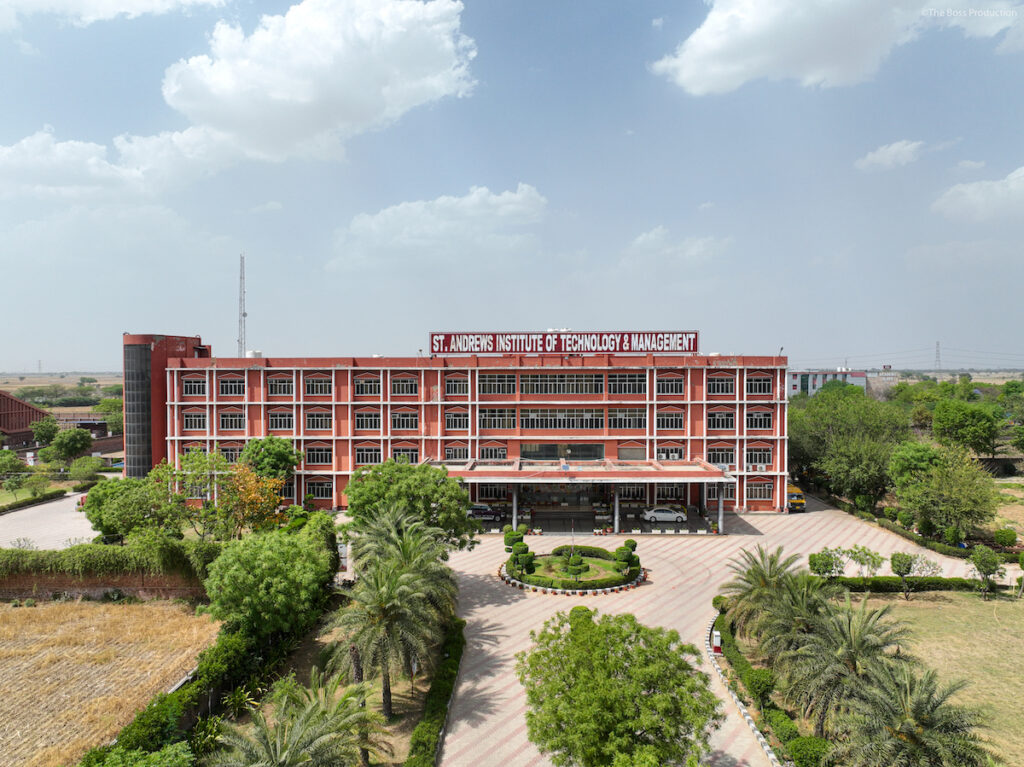
A BTech degree typically has a duration of four years, divided into eight semesters. The program is designed to provide comprehensive education in engineering and technology, with a combination of theoretical coursework, practical laboratory sessions, and project work.
The first year generally covers foundational subjects in mathematics, physics, and basic engineering principles. What is B Tech Course? Subsequent years focus on specialized subjects related to the chosen discipline, such as Computer Science, Biomedical Engineering, Mechanical, Electronics Engineering, or Civil Engineering.
The final year often includes advanced courses, elective subjects, and a major project or internship to prepare students for their professional careers.
BTech Eligibility Criteria
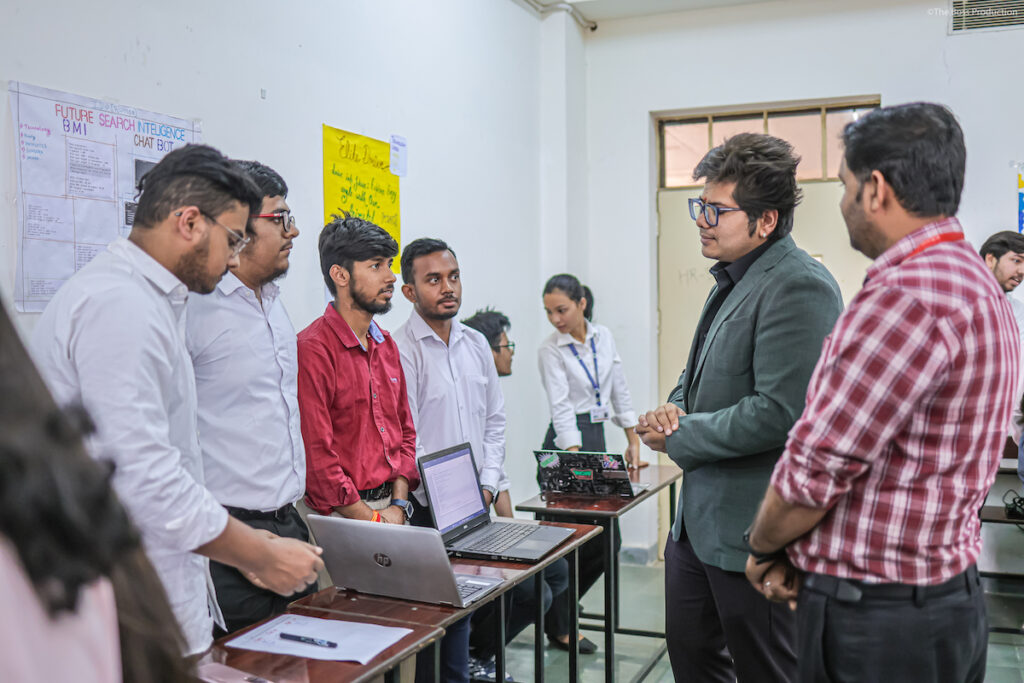
The eligibility criteria for a Bachelor of Technology (BTech) program typically include:
Educational Qualification
- Completion of Higher Secondary School (10+2) or equivalent with a minimum percentage as specified by the institution. Generally, a minimum of 50-60% aggregate in subjects like Physics, Chemistry, and Mathematics (PCM) is required.
- Some institutions may also accept students with a background in Science with Biology (PCB) if the program is interdisciplinary.
Entrance Examinations
- Many institutions require candidates to qualify for national or state-level entrance examinations like JEE Main, JEE Advanced, BITSAT, or state engineering entrance examinations.
- Some private btech colleges conduct their own entrance tests.
Age Limit
- There is usually no upper age limit for BTech admissions, but some entrance examinations may have age criteria.
Nationality
- Candidates must be Indian citizens or have valid proof of citizenship if applying to Indian institutions.
Other Requirements
- Some institutions might have additional criteria such as minimum marks in specific subjects or extra-curricular achievements.
BTech Admission Process
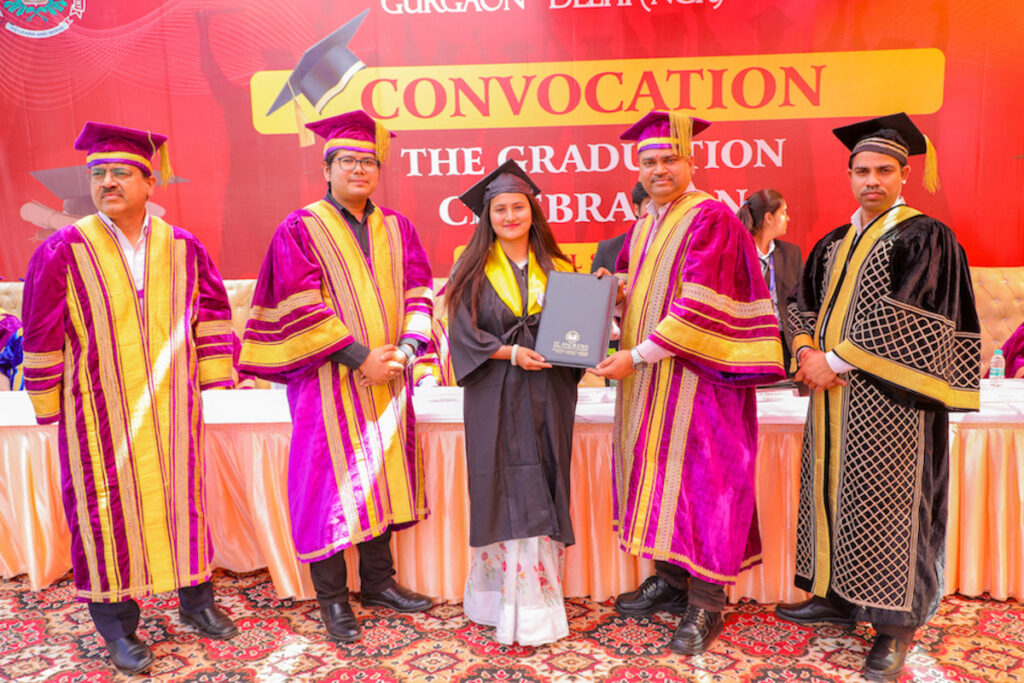
The admission process for a Bachelor of Technology (BTech) program generally involves the following steps:
Research and Application
- Research: Look into various institutions and their B Tech courses, focusing on specializations, faculty, infrastructure, and placement records.
- Application: Fill out the application forms for the institutions you are interested in. This might include filling out forms for entrance exams as well.
Entrance Exams
- Registration: Register for the required entrance exams (e.g., JEE Main, JEE Advanced, BITSAT, or state-level exams) and pay the application fees.
- Preparation: Prepare for the entrance exams according to their syllabus and pattern.
- Examination: Appear for the entrance exams on the scheduled dates.
Results and Counseling
- Results: Check the results of the entrance exams as per the announced dates.
- Counseling: Based on your exam results, participate in the counseling process conducted by various institutions or central counseling bodies. This usually involves:
Admission
- Document Verification: Submit required documents (e.g., mark sheets, birth certificate, entrance exam scorecard) for verification.
- Fee Payment: Pay the admission fee and any other required fees to confirm your seat.
- Medical Examination: Some institutions might require a medical examination to ensure fitness.
Commencement of Classes
- Orientation: Attend the orientation program if offered, which will give you an overview of the program and campus facilities.
- Classes: Start attending classes as per the academic schedule.
Top BTech Entrance Exams
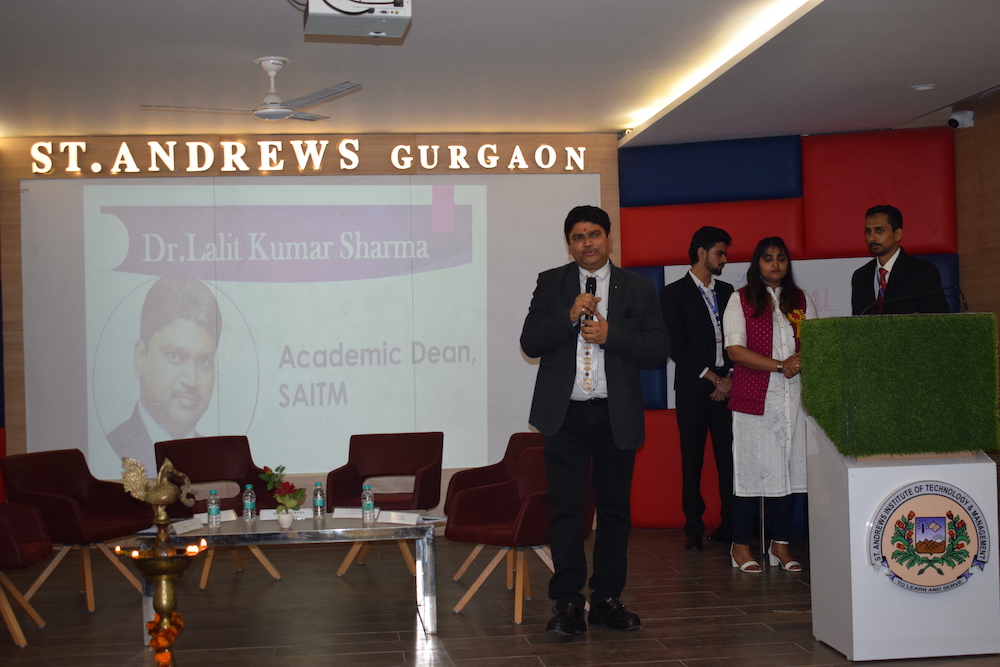
Here are some of the top entrance exams for BTech admissions in India:
Joint Entrance Examination (JEE) Main
- Conducted by: National Testing Agency (NTA)
- Purpose: Qualifying test for JEE Advanced and admission to NITs, IIITs, and other government-funded institutions.
- Eligibility: 12th grade pass with Physics, Chemistry, and Mathematics (PCM).
Joint Entrance Examination (JEE) Advanced
- Conducted by: IITs (Indian Institutes of Technology)
- Purpose: Admission to various IITs.
- Eligibility: Must qualify JEE Main and meet the age and other criteria.
BITS Admission Test (BITSAT)
- Conducted by: BITS Pilani
- Purpose: Admission to BITS Pilani, BITS Goa, and BITS Hyderabad.
- Eligibility: 12th grade pass with PCM and meet specific cut-off criteria.
VIT Engineering Entrance Examination (VITEEE)
- Conducted by: VIT University
- Purpose: Admission to BTech courses at VIT Vellore, VIT Chennai, VIT-AP, and VIT-Bhopal.
- Eligibility: 12th grade pass with PCM.
Amrita Engineering Entrance Examination (AEEE)
- Conducted by: Amrita Vishwa Vidyapeetham
- Purpose: Admission to BTech programs at Amrita campuses.
- Eligibility: 12th grade pass with PCM.
Jawaharlal Nehru University Engineering Entrance Examination (JNU EEE)
- Conducted by: Jawaharlal Nehru University
- Purpose: Admission to engineering programs at JNU.
- Eligibility: 12th grade pass with PCM.
Maharashtra Common Entrance Test (MHT-CET)
- Conducted by: State Common Entrance Test Cell, Maharashtra
- Purpose: Admission to b tech colleges in Maharashtra.
- Eligibility: 12th grade pass with PCM.
Karnataka Common Entrance Test {KCET}
- Conducted by: Karnataka Examinations Authority
- Purpose: Admission to btech colleges in Karnataka.
- Eligibility: 12th grade pass with PCM.
BTech Fees Structure
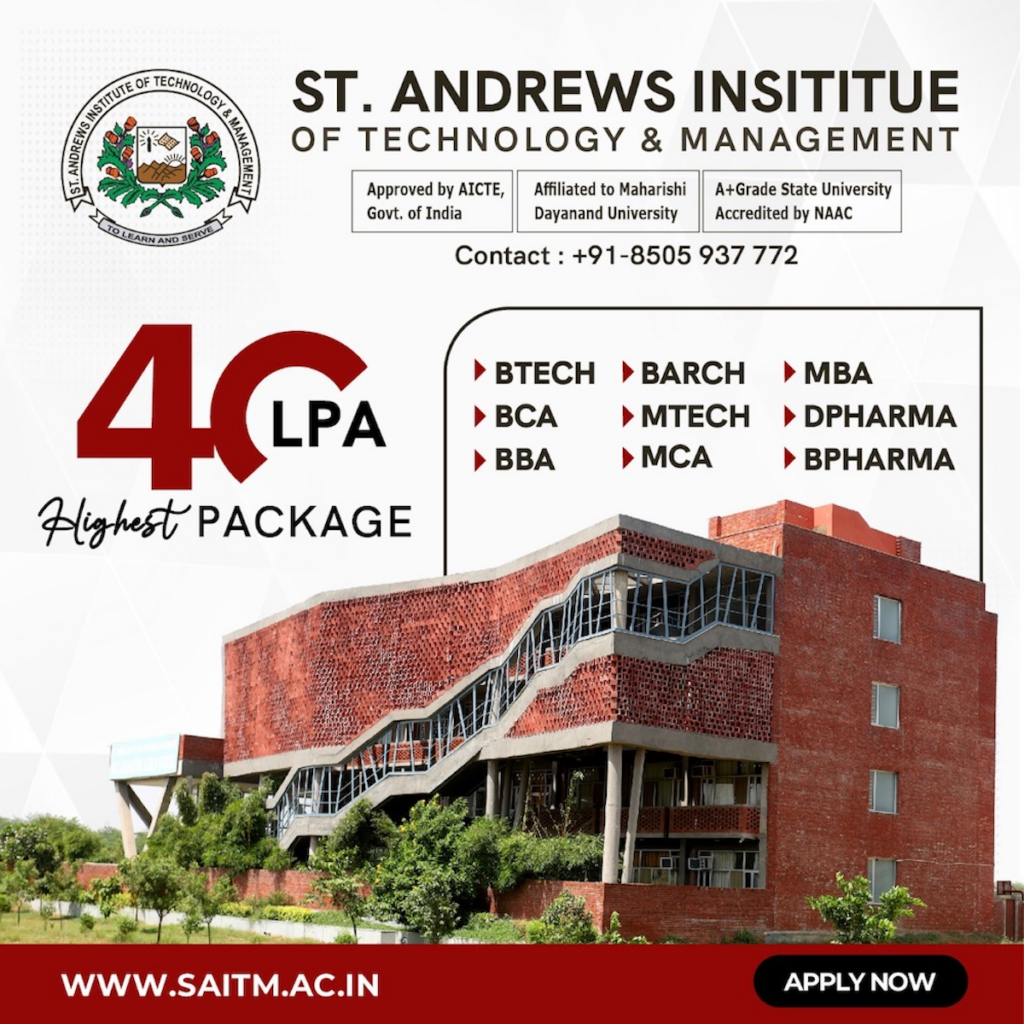
Here’s a general overview of the BTech fee structures:
St.Andrews Institute of Technology and Management (SAITM), Gurgaon
- Tuition Fee: Approximately ₹1.5 to ₹2.0 lakh per year.
- Other Fees: Includes library fee, laboratory fee, examination fee, and other administrative charges, totaling around ₹20,000 to ₹30,000 annually.
- Hostel Fee: If applicable, it ranges from ₹50,000 to ₹1.0 lakh per year depending on the accommodation type (shared or single).
Indian Institutes of Technology (IITs)
- Tuition Fee: Around ₹1.0 to ₹2.0 lakh per year.
- Other Fees: Includes hostel, mess, and other charges, amounting to approximately ₹50,000 to ₹1.0 lakh annually.
National Institutes of Technology (NITs)
- Tuition Fee: Roughly ₹1.0 to ₹1.5 lakh per year.
- Other Fees: Hostel and mess fees are additional, totaling around ₹50,000 to ₹80,000 annually.
Birla Institute of Technology and Science (BITS), Pilani
- Tuition Fee: About ₹2.5 to ₹3.0 lakh per year.
- Other Fees: Includes hostel fees, mess charges, and other expenses, totaling around ₹1.0 to ₹1.5 lakh annually.
VIT University
- Tuition Fee: Approximately ₹1.9 to ₹2.2 lakh per year.
- Other Fees: Hostel and other charges are around ₹50,000 to ₹1.0 lakh annually.
Amrita Vishwa Vidyapeetham
- Tuition Fee: Approximately ₹1.8 to ₹2.2 lakh per year.
- Other Fees: Includes hostel and other charges, totaling around ₹50,000 to ₹1.0 lakh annually.
Jawaharlal Nehru University (JNU)
- Tuition Fee: Roughly ₹10,000 to ₹15,000 per year.
- Other Fees: Hostel fees and other charges, totaling around ₹20,000 to ₹50,000 annually.
Maharashtra Common Entrance Test {MHT-CET}
- Tuition Fee: Around ₹50,000 to ₹1.0 lakh per year in government colleges, and up to ₹2.0 lakh in private institutions.
- Other Fees: Includes hostel, mess, and other charges, totaling around ₹30,000 to ₹60,000 annually.
Karnataka Common Entrance Test (KCET)
- Tuition Fee: Approximately ₹50,000 to ₹1.0 lakh per year in government colleges, and up to ₹1.5 to ₹2.0 lakh in private institutions.
- Other Fees: Hostel and other charges, totaling around ₹30,000 to ₹50,000 annually.
BTech Subjects and Curriculum
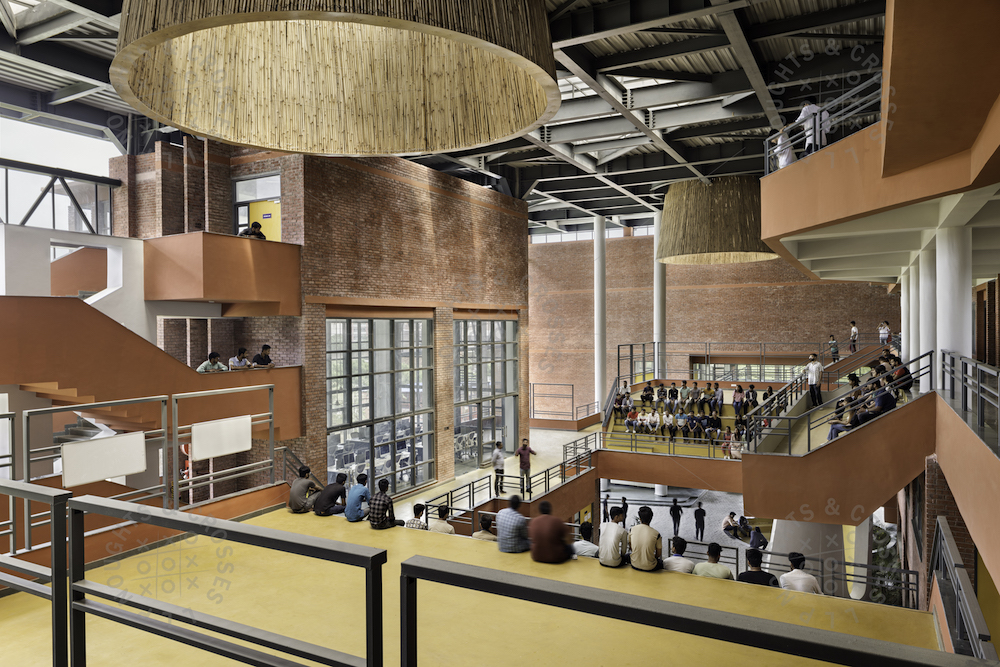
Here’s a general overview of the subjects and curriculum structure:
First Year
Mathematics I & II: Calculus, Algebra, Differential Equations
Physics I & II: Mechanics, Electromagnetism, Optics
Chemistry: Basic Chemistry, Chemical Engineering Principles
Engineering Mechanics: Statics, Dynamics
Computer Programming: Basics of Programming, Data Structures
Basic Electrical Engineering: Circuit Theory, Electrical Machines
Engineering Drawing: Technical Drawing, CAD
Second Year
Mathematics III & IV: Advanced Topics in Mathematics
Engineering Thermodynamics: Heat Transfer, Thermodynamic Cycles
Strength of Materials: Stress, Strain, Material Properties
Fluid Mechanics: Fluid Dynamics, Hydraulics
Digital Logic Design: Boolean Algebra, Logic Gates
Environmental Engineering: Environmental Impact, Sustainability
Mechanics of Solids: Structural Analysis, Material Behavior
Third Year
Core Discipline Subjects: Varies by specialization (e.g., Data Structures, Algorithms for CSE; Machine Design, Manufacturing Processes for Mechanical Engineering)
Control Systems: Feedback Systems, Stability Analysis
Database Management Systems: Data Models, SQL
Communication Systems: Signal Processing, Analog and Digital Communication
Electronics: Circuit Design, Semiconductor Devices
Engineering Economics and Management: Project Management, Cost Analysis
Elective Subjects: Industry-specific or advanced topics
Fourth Year
Project Work: Major Project or Dissertation
Industrial Training/Internship: Hands-on experience in a real-world environment
Advanced Electives: Specialized topics based on career interests
Engineering Design: Capstone Projects, Design Thinking
Professional Ethics and Law: Engineering Ethics, Intellectual Property Rights
Practical Components
Laboratory Work: Experiments and practical applications in various subjects
Workshops: Hands-on training in technical skills and machinery
Field Visits: Industry visits for real-world exposure
BTech Specializations
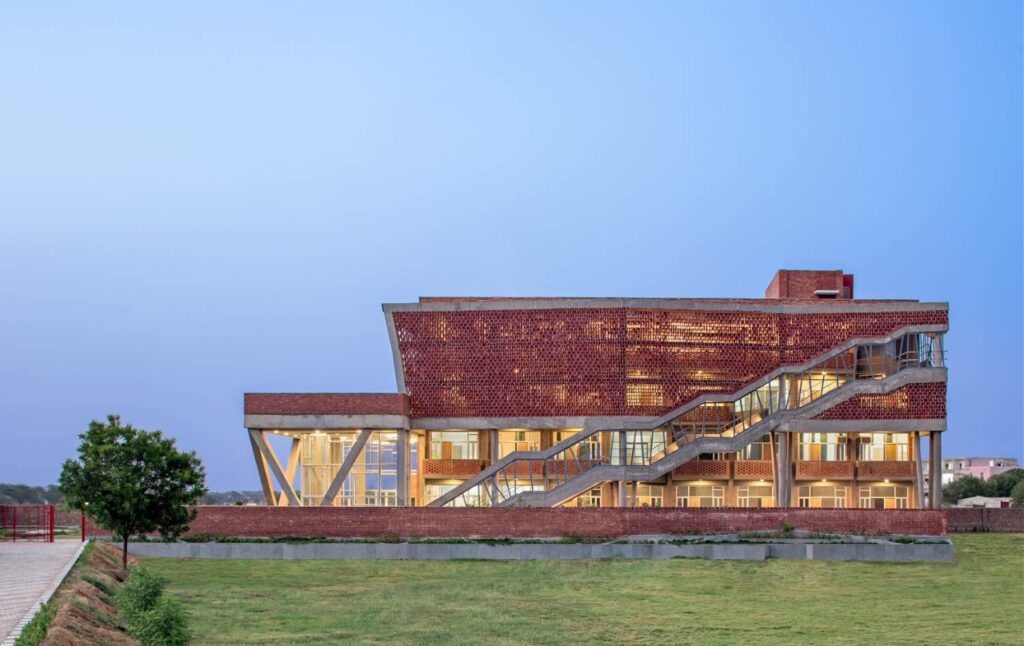
Here are some popular BTech specializations:
Computer Science Engineering (CSE)
- Focus: Application development, algorithms, data structures, cybersecurity, artificial intelligence, and more.
Information Technology (IT)
- Focus: IT infrastructure, database management, network administration, web technologies, and IT project management.
Electronics and Communication Engineering (ECE)
- Focus: Electronic circuits, communication systems, signal processing, and embedded systems.
Electrical Engineering (EE)
- Focus: Electrical circuits, power systems, electronics, control systems, and renewable energy.
Mechanical Engineering
- Focus: Thermodynamics, fluid mechanics, machine design, manufacturing processes, and robotics.
Civil Engineering
- Focus: Structural analysis, construction management, geotechnical engineering, environmental engineering, and transportation engineering.
Chemical Engineering
- Focus: Chemical process design, reaction engineering, thermodynamics, and industrial chemistry.
Aerospace Engineering
- Focus: Aircraft design, propulsion systems, aerospace structures, and space exploration.
Biotechnology
- Focus: Genetic engineering, molecular biology, bioprocessing, and bioinformatics.
Environmental Engineering
- Focus: Waste management, water treatment, air pollution control, and sustainable development.
Production Engineering
- Focus: Manufacturing processes, production planning, quality control, and automation.
Automobile Engineering
- Focus: Vehicle design, automotive systems, engine technology, and manufacturing.
Structural Engineering
- Focus: Design and analysis of structures such as buildings, bridges, and dams.
Robotics Engineering
- Focus: Robotics design, automation, control systems, and artificial intelligence.
Data Science and Engineering
- Focus: Data analysis, machine learning, big data technologies, and data visualization.
Artificial Intelligence and Machine Learning
- Focus: AI algorithms, machine learning models, natural language processing, and computer vision.
Software Engineering
- Focus: Software development methodologies, software testing, and software project management.
Renewable Energy Engineering
- Focus: Solar energy, wind energy, energy storage, and sustainable energy systems.
Petroleum Engineering
- Focus: Oil and gas exploration, drilling engineering, and reservoir management.
Marine Engineering
- Focus: Ship design, marine propulsion systems, and ocean engineering.
Top Government BTech Colleges in India
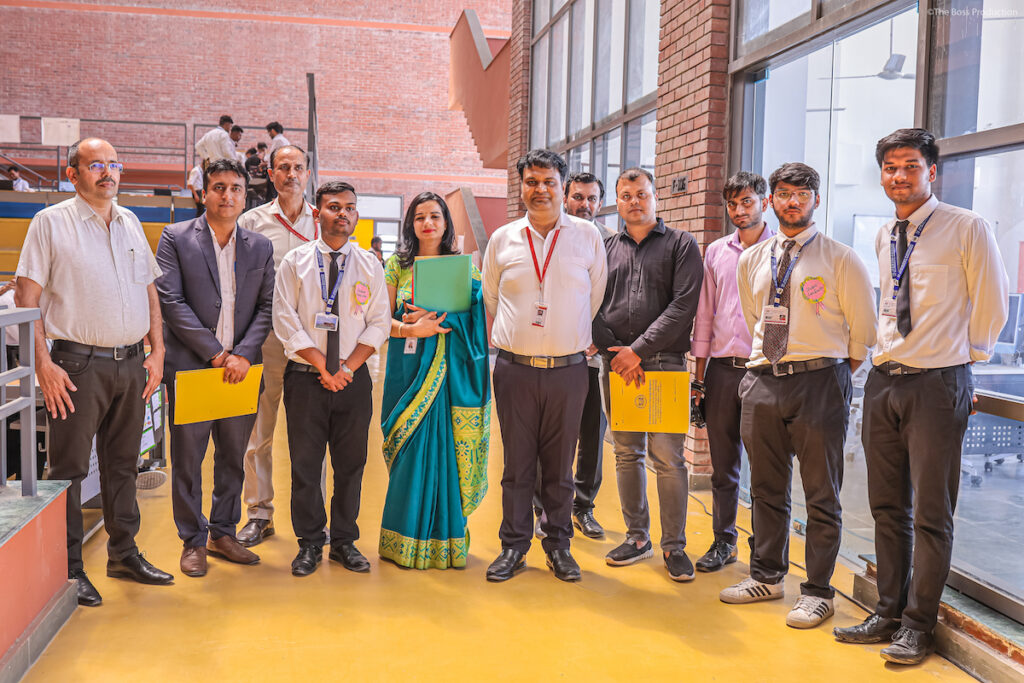
Here are some top government BTech colleges in India:
St. Andrews Institute of Technology and Management {SAITM}, Gurgaon
- Known for its engineering programs and strong placement records.
Delhi Technological University (DTU), Delhi
- Offers a wide range of engineering disciplines with a focus on industry-relevant education.
Jawaharlal Nehru Technological University (JNTU), Hyderabad
- Renowned for its comprehensive engineering programs and research facilities.
Punjab Engineering College (PEC), Chandigarh
- Known for its strong academic programs and research in various engineering fields.
Government College of Engineering (GCE), Pune
- Offers a variety of engineering programs with a solid reputation for academic excellence.
Maulana Azad National Institute of Technology (MANIT), Bhopal
- Recognized for its engineering knowledge and research facilities.
Institute of Chemical Technology (ICT), Mumbai
- Specializes in chemical engineering and technology with strong industry connections.
Rajiv Gandhi Institute of Technology (RGIT), Mumbai
- Offers quality education in engineering with a focus on practical skills and industry experience.
Government College of Engineering (GCE), Nagpur
- Known for its engineering programs and strong academic framework.
Dr. B. R. Ambedkar National Institute of Technology (NIT), Jalandhar
- Offers a range of engineering disciplines with an emphasis on research and development.
Top Private Colleges for B Tech in India
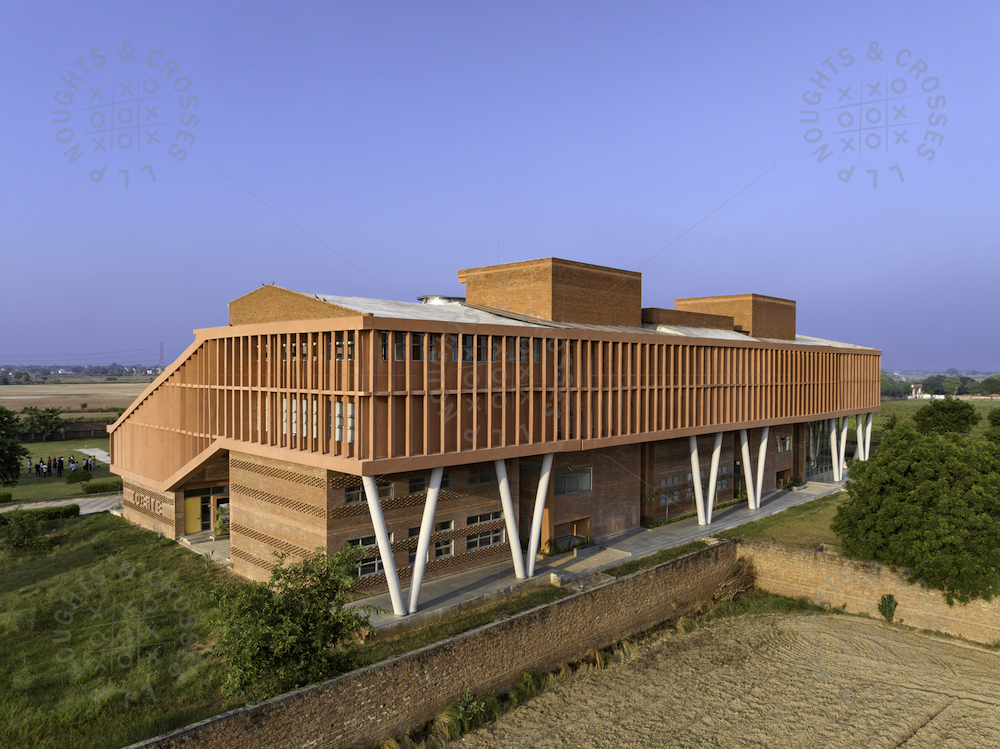
Here are some of the top engineering colleges for BTech in India, known for their strong academic programs, infrastructure, and placement records:
Birla Institute of Technology and Science (BITS), Pilani
Offers a wide range of engineering programs with a strong focus on research and innovation.
St. Andrews Institute of Technology and Management (SAITM), Gurgaon
Known for its engineering programs and strong placement records.
Vellore Institute of Technology (VIT), Vellore
Renowned for its engineering education, research facilities, and robust placement support.
Shiv Nadar University (SNU), Greater Noida
Offers high-quality engineering education with a focus on research and development.
Jaypee Institute of Information Technology (JIIT), Noida
Known for its focus on IT and engineering programs with a strong research orientation.
Sharda University, Greater Noida
Offers various engineering programs with strong emphasis on practical skills and industry relevance.
Hindustan Institute of Technology and Science (HITS), Chennai
Known for its diverse engineering programs and strong focus on research and innovation.
Career Opportunities After BTech
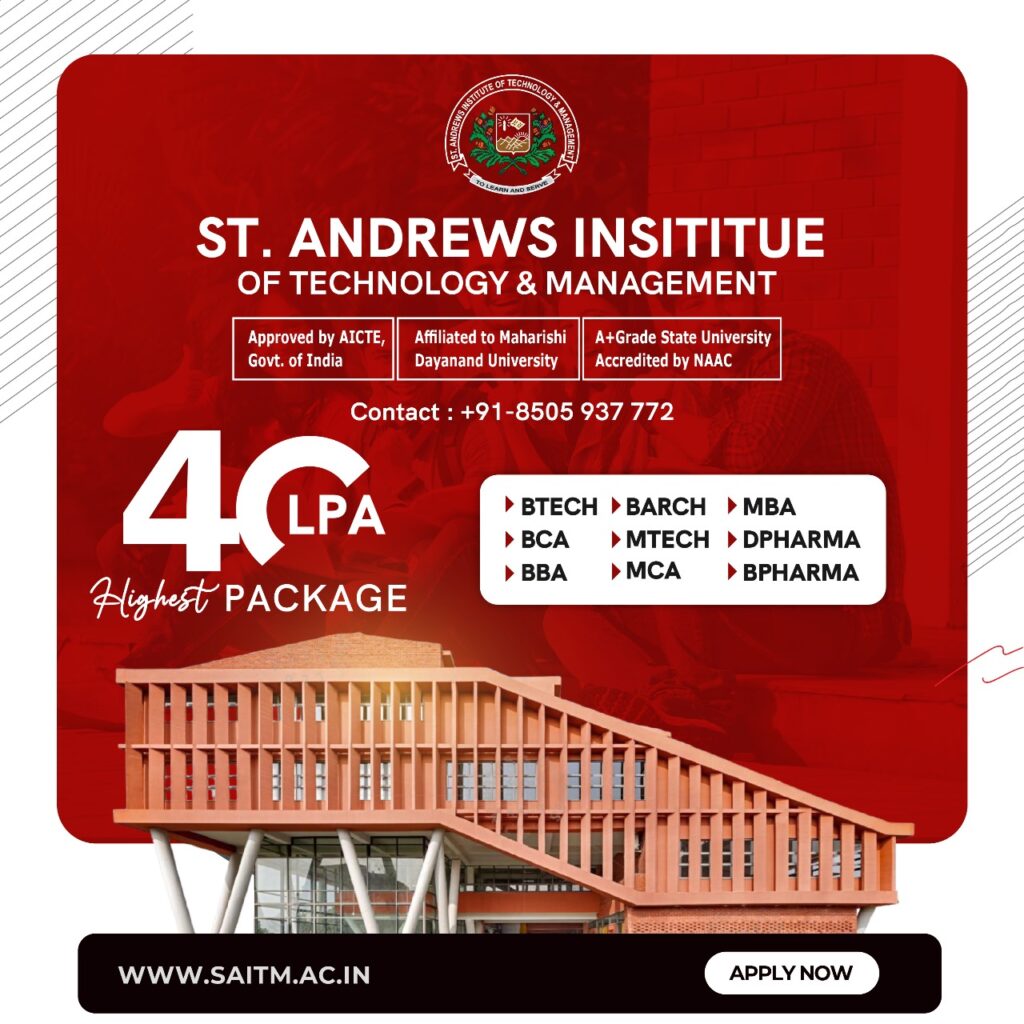
Here are some common career paths:
Engineering Roles
- Software Developer/Engineer: Designing and developing software applications, systems, and solutions is a core responsibility of a software engineer.
- Mechanical Engineer: Working in manufacturing, automotive, aerospace, or robotics industries.
- Electrical Engineer: Designing electrical systems, working with power generation, transmission, and electronics.
- Civil Engineer: Involved in construction, infrastructure development, and urban planning.
- Electronics Engineer: Working with electronic devices, communication systems, and embedded systems.
Technology and IT
- Data Scientist/Analyst: Analyzing data to provide insights and support decision-making.
- Cybersecurity Analyst: Protecting systems and data from cyber threats and attacks.
- Network Engineer: Designing and managing network infrastructure and connectivity.
Research and Development:
- Research Scientist/Engineer: Conducting research in labs or industry to develop new technologies and solutions.
- R&D Engineer: Working on innovative projects and product development.
Management and Consulting
- Project Manager: Overseeing engineering projects from conception to completion.
- Consultant: Providing expertise to businesses on engineering solutions and strategies.
Higher Studies
- MTech or MS: Specializing further in a particular engineering field.
- MBA: Pursuing management roles and leadership positions.
Entrepreneurship
- Startup Founder: Starting and managing your own business or technology venture.
Government Jobs
- Public Sector Roles: Working in government departments, public enterprises, and defense sectors.
Teaching and Academia
- Lecturer/Professor: Teaching engineering subjects at colleges or universities.
International Opportunities
- Global Engineering Roles: Working with multinational companies or pursuing opportunities abroad.
Job Opportunities After Engineering
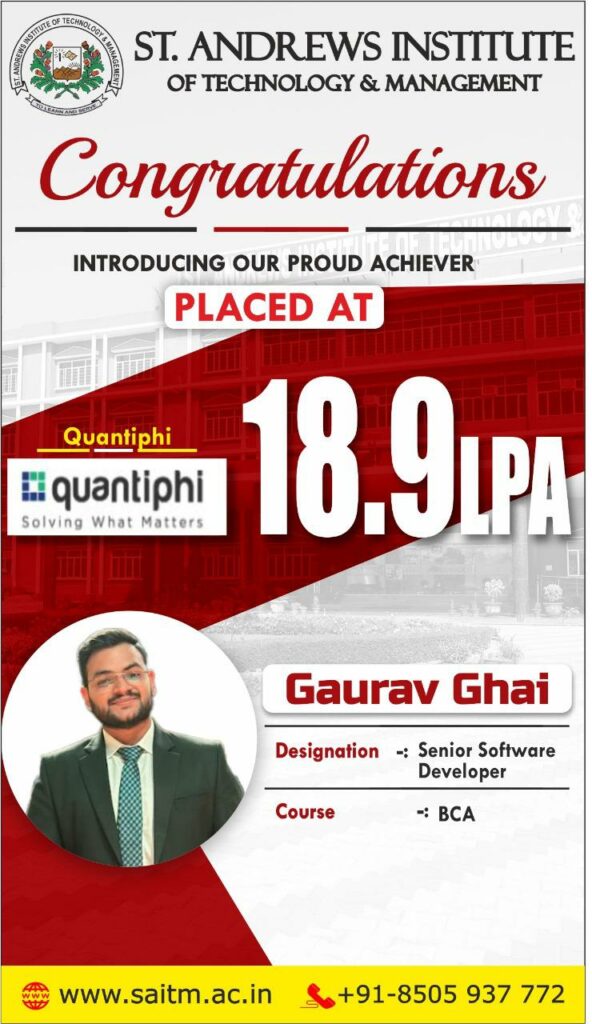
Here’s an in-depth look at some prominent career paths:
Software Development and IT
Roles: Software Developer, Web Developer, Mobile App Developer, Systems Analyst.
Description: Software development is a major field for engineering graduates, especially those with a Computer Science or IT background. These roles involve creating and maintaining software applications, developing new features, and improving existing systems. The tech industry’s rapid growth ensures numerous job opportunities.
Data Science and Analytics
Roles: Data Scientist, Data Analyst, Business Intelligence Analyst.
Description: With the increasing importance of data in decision-making, roles in data science and analytics are highly sought after. These positions involve analyzing large datasets to extract meaningful insights, which can drive strategic business decisions.
Cybersecurity
Roles: Cybersecurity Analyst, Ethical Hacker, Information Security Manager.
Description: As cyber threats grow more sophisticated, the demand for cybersecurity professionals has surged. These roles focus on protecting systems and data from security breaches and ensuring compliance with security protocols.
Engineering and Design
Roles: Mechanical Engineer, Electrical Engineer, Civil Engineer, Product Designer.
Description: Traditional engineering roles involve designing, developing, and maintaining mechanical, electrical, or civil systems and structures. This field includes everything from building infrastructure to designing new products.
Consulting and Project Management
Roles: Management Consultant, Project Manager, Business Analyst.
Description: Engineering graduates often transition into consulting and project management roles where they leverage their problem-solving skills to manage projects, improve processes, and provide strategic advice to organizations.
Manufacturing and Production
Roles: Production Engineer, Quality Control Engineer, Supply Chain Manager.
Description: This field focuses on overseeing and improving manufacturing processes. Professionals in this sector work to enhance production efficiency, maintain quality standards, and manage supply chains.
Research and Development
Roles: R&D Engineer, Research Scientist, Innovation Specialist.
Description: For those interested in advancing technology and engineering solutions, R&D roles offer opportunities to work on cutting-edge projects and innovations across various fields.
Entrepreneurship:
Roles: Startup Founder, Business Owner, Product Manager.
Description: Btech graduates with entrepreneurial spirit might choose to start their own businesses or work in startups. This path involves developing new products or services and managing all aspects of a business.
Further Studies and Academia
Roles: Research Scholar, Lecturer, Professor.
Description: Continuing education through higher studies (like MTech or MBA) or pursuing a career in academia offers the chance to delve deeper into specialized fields or contribute to the educational sector.
Government and Public Sector:
Roles: Public Sector Engineer, Government Researcher, Policy Advisor.
Description: Opportunities also exist in various government departments and public sector undertakings, focusing on infrastructure projects, public services, and regulatory roles.
Top Recruiters for BTech Graduates
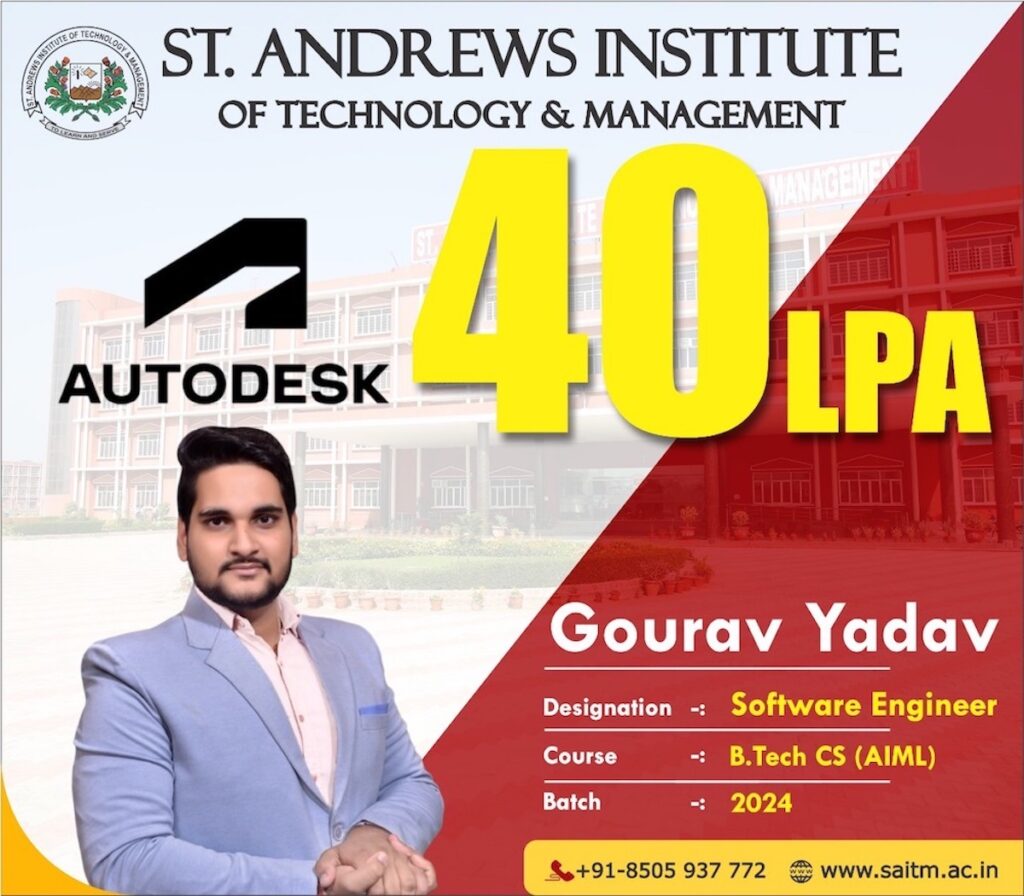
Here’s a list of some prominent recruiters:
Technology Companies
Google: Offers roles in application development, data analysis, and cloud computing.
Microsoft: Provides opportunities in application development, systems engineering, and AI.
Amazon: Includes positions in software engineering, cloud services, and logistics.
IBM: Focuses on application development, AI, and consulting services.
Apple: Involves roles in hardware and software engineering, design, and technology innovation.
Engineering and Manufacturing Firms
Siemens: Offers roles in automation, digitalization, and engineering solutions.
General Electric (GE): Provides opportunities in aerospace, energy, and manufacturing.
Bosch: Focuses on automotive technology, industrial technology, and consumer goods.
Caterpillar: Involves roles in heavy machinery, engineering, and manufacturing.
IT and Consulting Firms
Tata Consultancy Services (TCS): Includes IT services, consulting, and business solutions.
Infosys: Offers roles in application development, consulting, and systems integration.
Wipro: Provides opportunities in IT services, consulting, and digital solutions.
Cognizant: Focuses on IT services, consulting, and digital transformation.
Accenture: Involves roles in consulting, technology services, and strategy.
Financial and Analytics Companies
Goldman Sachs: Offers roles in technology, finance, and analytics.
JPMorgan Chase: Provides opportunities in technology, finance, and risk management.
Deloitte: Focuses on consulting, technology, and risk advisory services.
Capgemini: Involves roles in consulting, technology services, and digital transformation.
Telecommunications Companies
AT&T: Offers roles in network engineering, software development, and IT services.
Verizon: Provides opportunities in network operations, technology development, and IT.
Startups and Tech Innovators
Startups: Emerging tech startups offer dynamic roles in various domains like software development, data science, and product management.
Government and Public Sector
Public Sector Enterprises: Includes roles in engineering, management, and research across various government departments and public enterprises.
Average Salary for B Tech Graduates
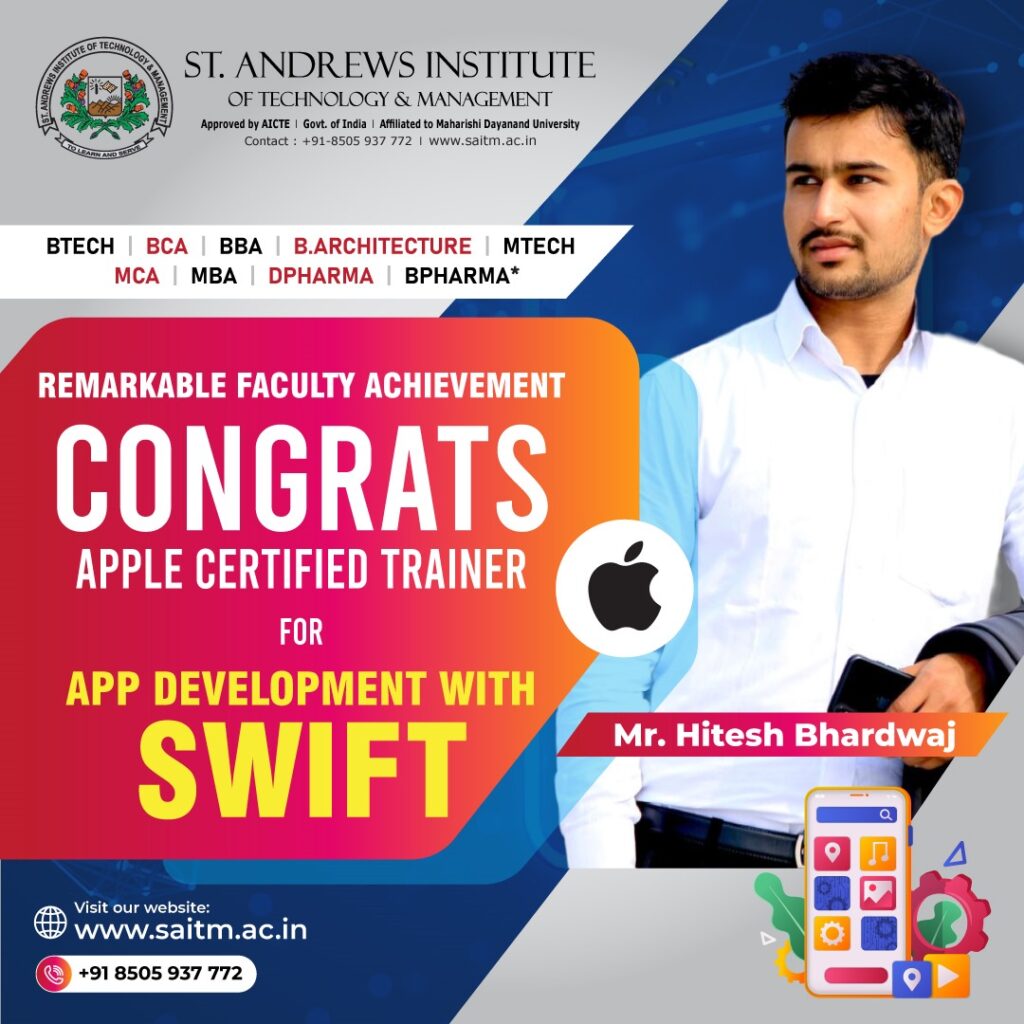
The average salary for B.Tech graduates in India can vary depending on factors such as specialization, experience, location, and the type of employer. Here’s a general overview:
Entry-Level:
₹3,00,000 to ₹6,00,000 per annum. This range typically applies to recent graduates starting their careers.
Mid-Level:
₹6,00,000 to ₹12,00,000 per annum. With a few years of experience, engineers can expect salaries within this range.
Senior-Level:
₹12,00,000 to ₹20,00,000 per annum. Experienced professionals with significant expertise and managerial responsibilities can earn within this range.
Specialized Roles:
For roles in high-demand areas such as data science, AI, or cybersecurity, salaries can be higher and may range from ₹8,00,000 to ₹15,00,000 or more.
Location Impact:
Salaries can be higher in metropolitan areas like Bangalore, Mumbai, or Delhi compared to smaller cities or rural areas.
Company Impact:
Leading technology companies, multinational corporations, and startups might offer competitive salaries and additional benefits.
Higher Education Options after BTech
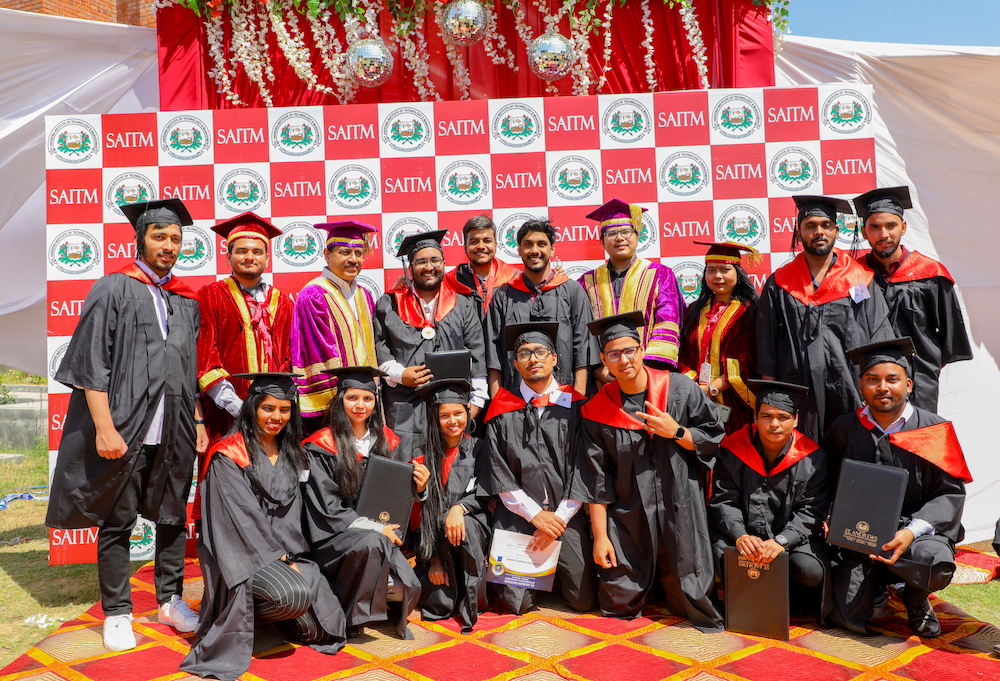
Higher education options after BTech include:
Master of Technology (M.Tech)
Specialized postgraduate degree focusing on advanced technical knowledge in a specific engineering discipline.
Master of Science (M.Sc.)
Provides in-depth knowledge in science and engineering fields, often involving research components.
Master of Business Administration (MBA)
Prepares graduates for leadership roles in business and management, combining technical and managerial skills.
Master of Engineering (M.Eng)
Similar to MTech, but may have a more industry-oriented focus, depending on the institution.
Postgraduate Diploma Programs
Shorter programs focusing on specific skills or industries, such as data science or project management.
Ph.D. (Doctor of Philosophy)
Advanced research degree for those interested in academic, research, or high-level industry positions.
Certification Courses
Specialized certifications in areas such as cybersecurity, artificial intelligence, or software development to enhance skills and career prospects.
Executive Education Programs
Short-term courses designed for working professionals looking to upgrade their skills or pivot to new areas.
FAQs
What is a BTech degree?
A Bachelor of Technology (BTech) is an undergraduate degree awarded to students who complete a four-year program in engineering and technology. What is B Tech Course? This degree equips students with theoretical knowledge and practical skills across various engineering branches, including Computer Science, Mechanical, Electrical, Civil, and Electronics. The curriculum encompasses foundational courses, specialized subjects, laboratory work, and internships, providing a comprehensive education in these engineering branches.
BTech graduates are prepared for careers in engineering, technology, research, and higher studies like MTech or MBA. What is B Tech Course? BTech programs emphasize innovation, problem-solving, and real-world application, making graduates valuable in diverse industries.
What is the qualification for BTech?
The qualification for a BTech degree typically requires completion of 10+2 or equivalent education with Physics, Chemistry, and Mathematics as core subjects.
Students must also pass relevant entrance exams, such as JEE Main, JEE Advanced, or state-level and institute-specific exams. Admission criteria may vary by institution, but a strong academic record in high school, particularly in science subjects, is essential.
Additionally, some institutes may conduct personal interviews or counseling sessions as part of the selection process. What is B Tech Course? Successful candidates demonstrate a solid understanding of foundational scientific principles and an aptitude for technical studies.
Which BTech Degree is best?
The best BTech (Bachelor of Technology) course depends on individual interests and career goals. However, some of the most popular and highly regarded specializations include Computer Science and Engineering (CSE), Electronics and Communication Engineering (ECE), Mechanical Engineering, Electrical Engineering, and Civil Engineering. CSE is often favored due to its broad career opportunities in application development, AI, and cybersecurity.
ECE is valued for its versatility in telecommunications and electronics. What is B Tech Course? Mechanical and Civil Engineering are foundational fields with strong demand in manufacturing and construction. Ultimately, the best BTech degree aligns with one’s passion, industry demand, and future career aspirations.
Which BTech course is highest salary?
In BTech programs, courses in Artificial Intelligence (AI), Machine Learning (ML), and Data Science often lead to the highest salaries due to their growing demand and specialized nature.
Graduates with expertise in these areas are sought after for roles like data scientists, AI engineers, and machine learning specialists, which command premium salaries.
Additionally, BTech in Cybersecurity and Cloud Computing also offers high earning potential as organizations prioritize security and scalable infrastructure. What is B Tech Course? While the specific salary can vary based on location, experience, and the company, these specializations generally offer some of the highest starting salaries in the tech industry.
Which job is best for BTech?
The “best” job for a BTech graduate often depends on individual interests and strengths. Generally, high-demand roles include software developers, data scientists, cybersecurity analysts, and systems engineers. These positions offer strong growth prospects and competitive salaries.
For those inclined towards management, roles such as project managers or IT consultants can be lucrative. What is B Tech Course? It’s essential to align career choices with personal interests and skills for long-term satisfaction and success. Exploring internships and industry trends can also help in making an informed decision.
Can I do BTech after 12th?
Yes, you can pursue a BTech degree after completing the 12th grade. What is B Tech Course? The primary requirement is having passed your 10+2 or equivalent examination with Physics, Chemistry, and Mathematics as core subjects. Additionally, you need to qualify for relevant entrance exams like JEE Main, JEE Advanced, or state-level exams.
These exams assess your knowledge and aptitude in science and mathematics. What is B Tech Course? Once you meet the eligibility criteria and clear the entrance exams, you can apply to engineering colleges for admission to a BTech program in your desired specialization, such as Computer Engineering, Mechanical, Electrical, or Civil Engineering.
If you’re specifically interested in the engineering branch of Computer Science Engineering, many institutions offer specialized tracks within this field that focus on areas like application development, data science, and cybersecurity.

